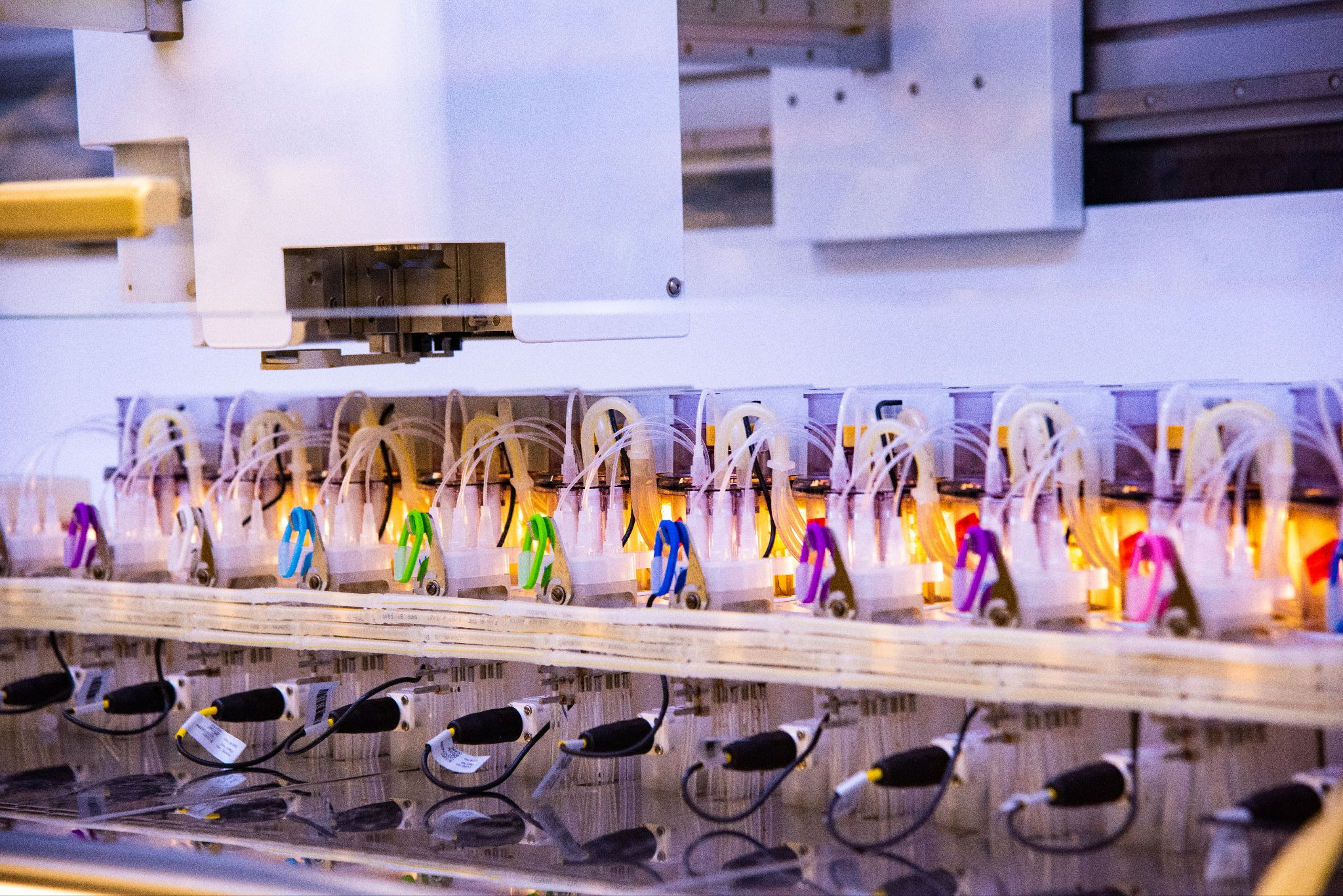Antheia and TAPI Announce Strategic Partnership to Scale Biosynthetic Pharmaceutical Manufacturing
Antheia and TAPI have formed a strategic partnership to accelerate global commercialization of Antheia’s biosynthetic manufacturing platform for key starting materials (KSMs) and active pharmaceutical ingredients (APIs). The collaboration integrates Antheia’s synthetic biology and fermentation-based production technology with TAPI’s large-scale bioprocessing, enzymatic, and manufacturing infrastructure across Europe.
Antheia is a synthetic biology company transforming how essential medicines are made and delivered. Founded in 2015 out of Stanford University’s Smolke Lab by Dr. Christina Smolke and Dr. Kristy Hawkins, the company engineers yeast-based fermentation systems to produce complex key starting materials (KSMs) and active pharmaceutical ingredients (APIs) that traditionally rely on slow, agriculture-dependent supply chains. Antheia’s platform is designed to reduce production timelines, minimize environmental impact, and strengthen the resilience of global medicine supply chains by reconstructing intricate biosynthetic pathways within microbial cells.
 Antheia Fermentation Lab; Source: Antheia
Antheia Fermentation Lab; Source: AntheiaThe partnership establishes a pathway for commercial-scale production of complex biosynthetic ingredients, aiming to reduce lead times and improve supply chain resilience for essential medicines. Antheia will leverage TAPI’s advanced fermentation capabilities, quality systems, and nearly 100 years of API manufacturing experience to expand production capacity for its growing portfolio of biosynthetically derived pharmaceutical ingredients.
Zack McGahey, Antheia’s chief operating officer, described the collaboration as a pivotal step in scaling production to meet increasing customer demand and in accelerating time-to-market for upcoming product launches. Antheia, which raised $56 million in a Series C round and launched its first commercial product, thebaine, in 2024, is now advancing multiple additional KSM and API programs toward commercialization.
TAPI, with a reported portfolio exceeding 350 pharmaceutical ingredients and operations spanning more than 100 countries, will support Antheia through its Center of Excellence for Biocatalysis and Enzyme Development. The company’s flexible technology transfer model is intended to streamline scale-up of Antheia’s biosynthetic processes and maintain high standards of quality and efficiency in production.
Topic: Biotech Ventures